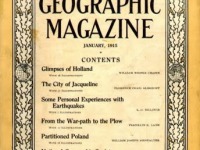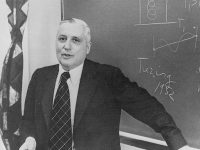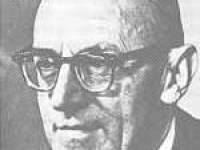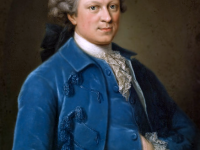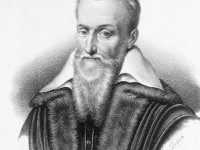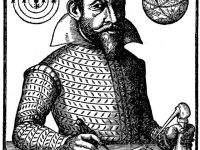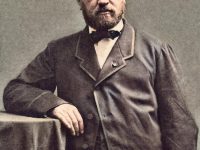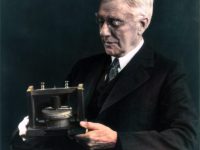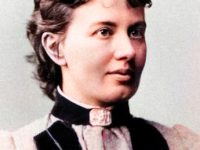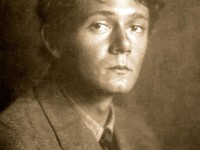The National Geographic Society
On January 27, 1888, the National Geographic Society, one of the largest non-profit scientific and educational institutions in the world, is founded in the Cosmos Club, a private club then located on Lafayette Square in Washington, D.C. You might not be aware of it, but several of our past articles already are related to the National Geographic Society, as the society always has supported and funded research projects as well as prominent…
Read more

